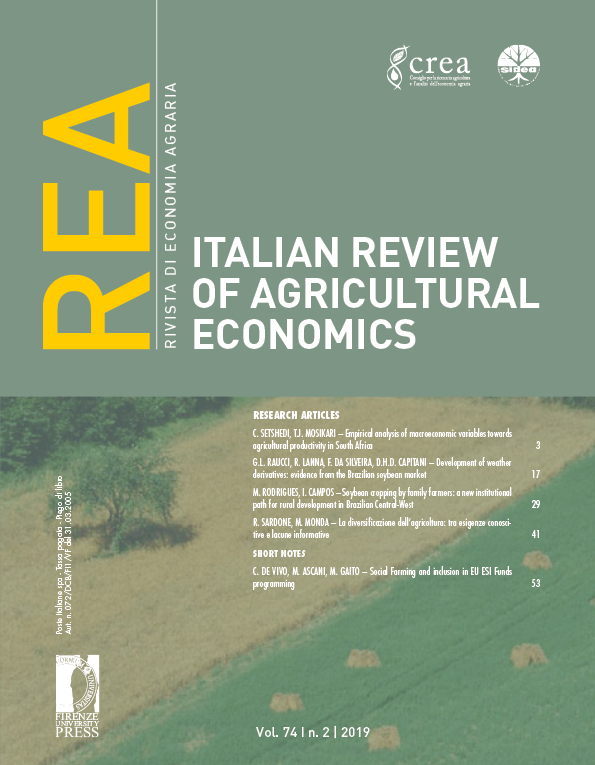Consumer attitudes and behavior: the theory of planned behavior applied to food consumption decisions
Published 2016-02-12
Keywords
- theory of planned behavior,
- food consumption,
- attitude
How to Cite
Abstract
The author compares the multi-attribute and subjective expected utility (SEU) models popular in research on consumer behavior to the approach offered by the theory of planed behavior (TPB). Unlike the multi-attribute and SEU models, the TPB relies not on revealed preferences to infer the underlying decision process but instead on direct assessment of its theoretical constructs. According to the theory, the consumer’s behavior is a function of intention to perform the behavior in question; the intention is based on attitude, subjective norm, and perceived behavioral control with respect to the behavior; and these factors are determined, respectively, by behavioral, normative, and control beliefs. The theory allows us to predict intentions and behavior with respect to the purchase or use of a single brand or product as well as in relation to choice among different brands or products.


